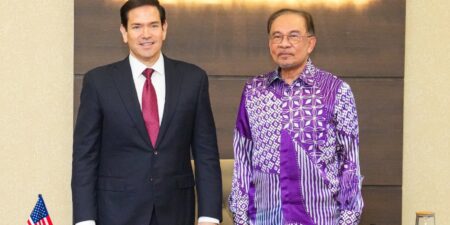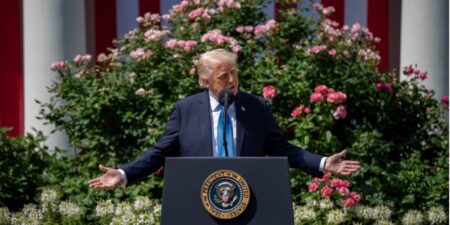The BGA ASEAN Team led by Senior Advisor Thitinan Pongsudhirak, wrote an update to clients on what to expect from the Association of Southeast Asian Nations (ASEAN) summit.
Context
- The biannual ASEAN summit will take place in Jakarta from September 5-8. In its 43rd edition after a previous gathering in May, the ASEAN Leaders’ Meeting will be incomplete once again as Myanmar’s representation is replaced by an “empty chair.” The country’s military coup and consequent civil war since February 2021 have torn it apart and fractured ASEAN.
- Divided over its response to the Myanmar crisis, the Southeast Asian bloc is being overshadowed by extraregional geopolitical maneuvers and internal realignments. As a result, the ASEAN-related summits with individual dialogue partners, including the United States and China, will lack momentum this year. Notwithstanding these challenges, ASEAN’s recent domestic political changes in key member states will ensure the grouping’s cohesion despite perceptions that it is falling apart.
Significance
- With ASEAN’s heft in question, it is unsurprising that U.S. President Joe Biden and Chinese President Xi Jinping will not attend this year’s East Asia Summit. In their place, they will send their deputies: U.S. Vice President Kamala Harris and Chinese Premier Li Qiang. Instead of the ASEAN-related top-level meetings on September 5-7, the focus will be on the Group of 20 (G-20) summit from September 9-10, which India will host.
- External dissatisfaction with ASEAN’s inability to address the crisis in Myanmar and maintain unity and thrust in the face of great power competition has contributed to a proliferation of “minilateral” cooperation among outside powers, including the Quadrilateral Security Dialogue (“Quad”) — which comprises Australia, India, Japan and the United States — and AUKUS, a security pact among Australia, the United Kingdom and the United States that is designed to check China’s maritime assertiveness. More recent groupings are the trilateral summit of Japan, Korea and the United States and newer cooperation among Australia, Japan, the Philippines and United States. Although these maneuvers have China in their sight, they indicate ASEAN’s growing inadequacy to manage and handle security concerns in its own neighborhood.
Implications
- The business implications of these geostrategic maneuvers are far-reaching. In view of its internal divisions against the backdrop of great power competition, ASEAN should be seen not as a single market but as a region in which each country offers unique investment opportunities. As corporates become more averse to doing business in China, “friend-shoring” opportunities in countries such as Vietnam and the Philippines will likely become more attractive.
- The promising ASEAN business space will be uneven and require navigation, but it should not be overlooked. Indonesia’s immense market still beckons because its democratic system is consolidated ahead of the country’s February 2024 elections, in which political stability is ensured because the poll losers will accept the outcome. With its new government, Cambodia merits new business considerations. Thailand’s new government under Prime Minister Srettha Thavisin will be keen to deliver on its economic policy pledges to regain electoral support.
We will continue to keep you updated on ASEAN developments as they occur. If you have comments or questions, please contact me at thitinan@bowergroupasia.com.
Best regards,
Thitinan Pongsudhirak

Senior Advisor
Thitinan is a renowned scholar, journalist and expert in international relations and domestic politics across Asia. He has spent more than three decades analyzing and advising on Thailand and the region’s political economy, geopolitics and policy. He helps BGA and clients understand in-depth the global, regional and domestic issues that affect business. Thitinan is a professor of international relations and international political economy at Bangkok-based Chulalongkorn University’s Faculty of Political Science and a senior fellow at its Institute of Security and International Studies. He has lectured widely at local and international universities, military colleges and international organizations on political and ...
Read More


























